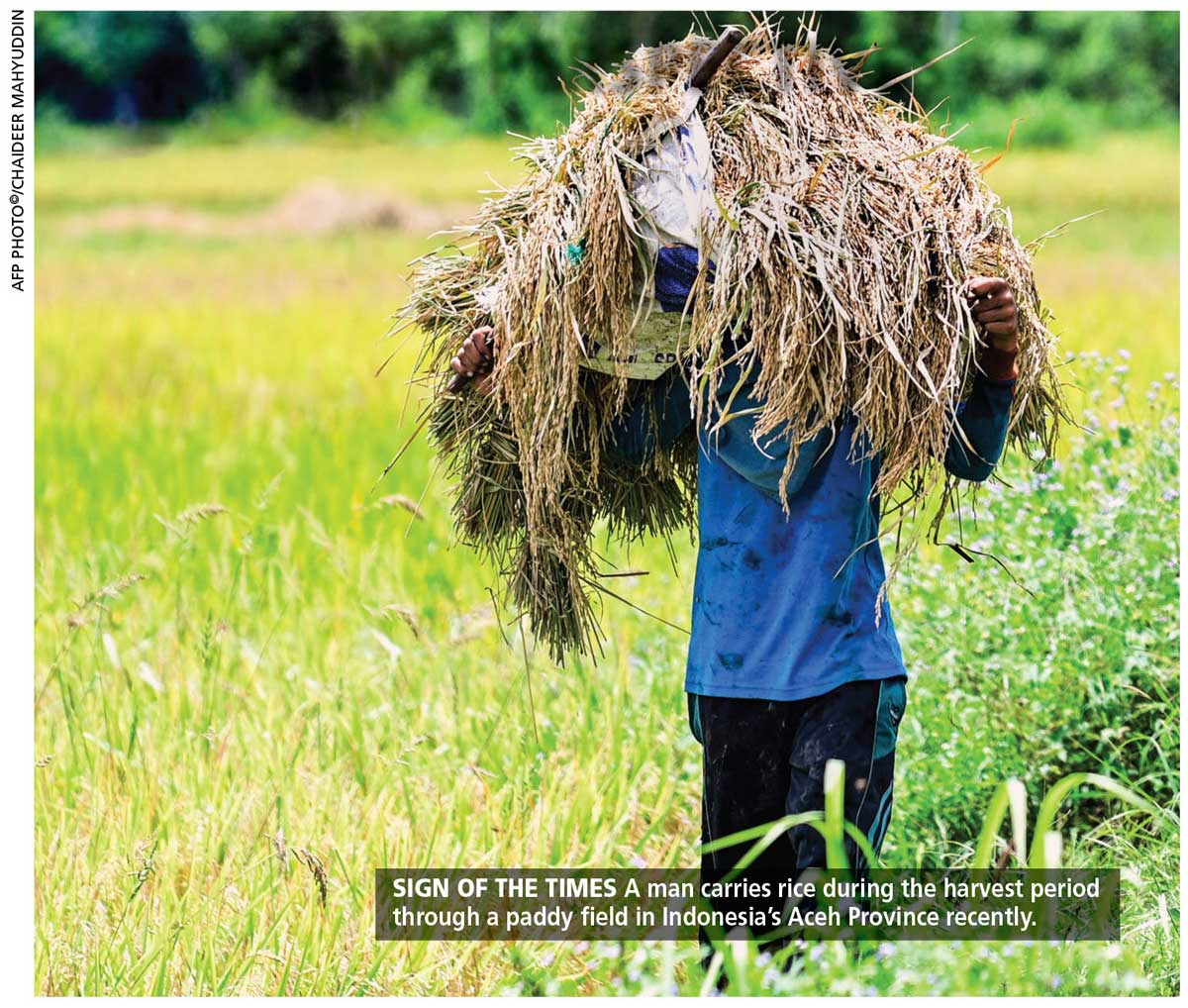GEN Z PERSPECTIVES

A SELF-SUFFICIENT SRI LANKA
Dona Senara urges fellow Sri Lankans to emulate the island’s glorious past

Sri Lanka boasts a glorious history that dates back to 161 BCE when great kings such as Dutugemunu and Parakramabahu VI ruled the land.
Dedicating their lives to the country, they enriched the nation with crops that fed all its inhabitants, constructed artificial reservoirs to store water and dotted the island with stunning architectural masterpieces, some of which are still standing.
And most of all, the country was united under the rule of the monarch at the time.
Land, water and creative individuals have always formed the nation’s core and are precisely what it needs now, to galvanise it into action and overcome the current crisis. Covering a third of the land is natural vegetation, which forms the most vital part of Sri Lanka’s economy.
With a rich agricultural history, this soil has forever been nurtured for cultivation and farmers grow their produce using the knowledge that’s passed down by their ancestors over the generations.
Yet, farmers are becoming economically weak with rising imports of local food, high demand, environmental degradation, inadequate technology and competition for resources. Sri Lanka needs to increase domestic agricultural production by ensuring enhanced sustainability and productivity while promoting homegrown produce to achieve food security.
Likewise, water and the people have had unbreakable ties since ancient times primarily through paddy cultivation. This resulted in the improvement of crop yields and lives of the farming community.
Sri Lanka has 103 natural rivers and numerous ancient and modern reservoirs, and the country can monetise its pure water by increasing bottled water exports to regions such as the Middle East that depend on imported water.
Moreover, Sri Lanka’s geostrategic location at the centre of maritime trade routes leading to West and East Asia, as well as Africa and the Middle East, places it in a strong position in the Indian Ocean.
The island’s wealth from the Indian Ocean can contribute in no small measure to its economy if it is managed efficiently.
Yet, no amount of prosperity at the hands of people who lack ingenuity can be sustained. In order to overcome the crisis facing the nation, Sri Lankans must embrace adaptability as the path to victory even though it’s never a simple process.
The people of Sri Lanka are akin to sleeping cubs that have yet to be awakened. But the multiple crises that the nation is facing are becoming more and more critical by the day. And so the time has come for the cubs to wake up and be the lions of the nation – and provide the strength needed to lift the country out of its troubles.
People do not grow when things are easy – growth happens when they are facing difficulties.
If Sri Lanka was once a self-sufficient nation, it’s certainly possible to be that once more. This calls for the nation to develop a united mindset and initiate growth opportunities. This land has already given its children the instruments for success so learning to use them is up to the people.
The crisis cannot continue – endless queues, frequent blackouts, undernourished children, broken systems, unemployed youth and overall instability will be the end of Sri Lanka. All its past triumphs will turn to dust and there will be nothing left as a legacy for future generations.
Change has already begun and people are increasingly focussing on home gardens to grow their own produce and seeking fuel free transportation, ayurvedic medicines, nonelectrical alternatives etc. Human beings will always seek and find alternative ways to enable survival.
Today’s crisis can become tomorrow’s opportunity to rise again as a self-sufficient nation. The main ingredient that’s needed is a transformed mindset to drive the country forward.





An article clearly showing why we are a nation with a glorious past and no future. Any article starting with noncritical boasting of a glorious past and Dutugemunu is bound to end with mere platitudes and clichés.